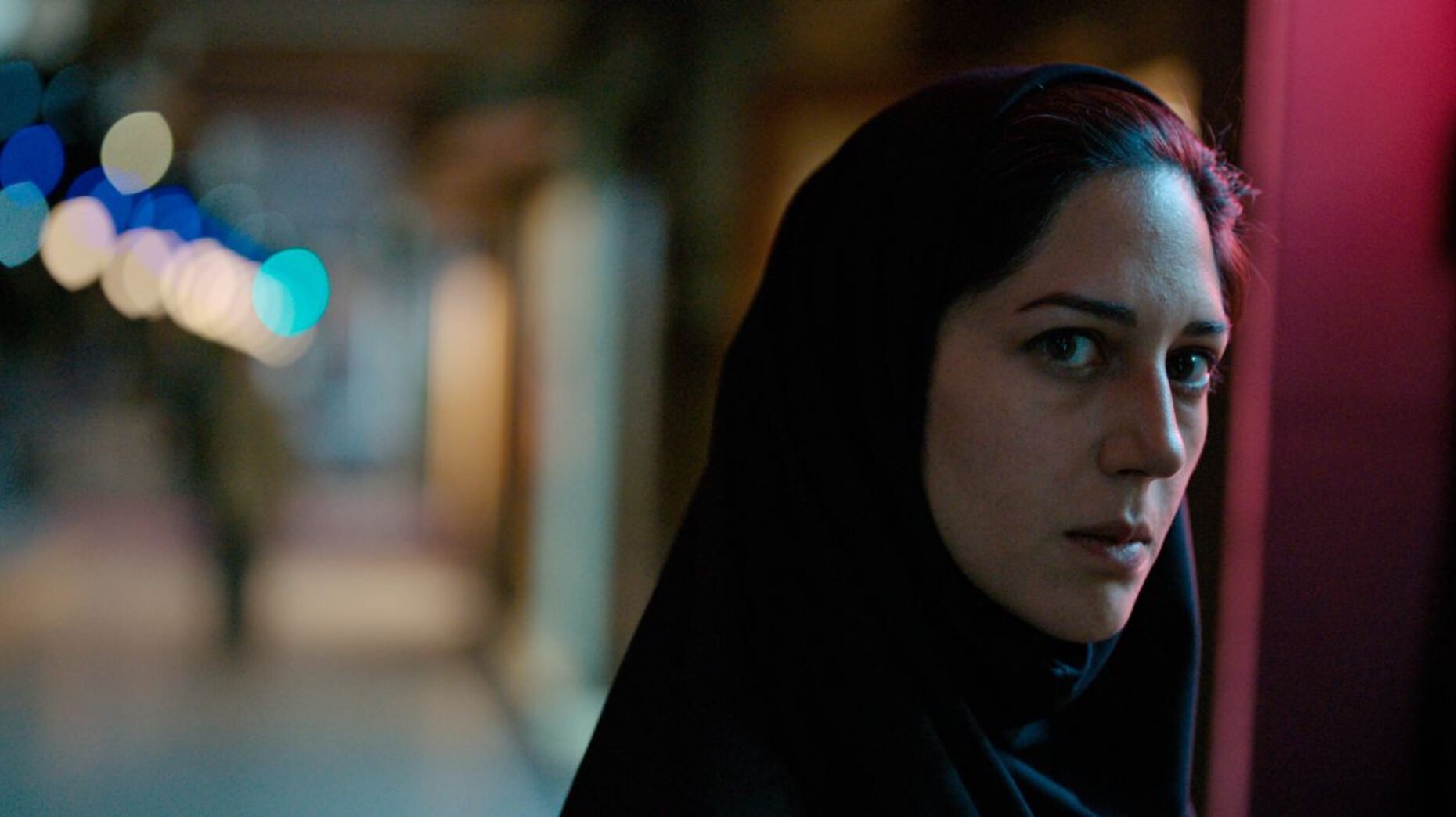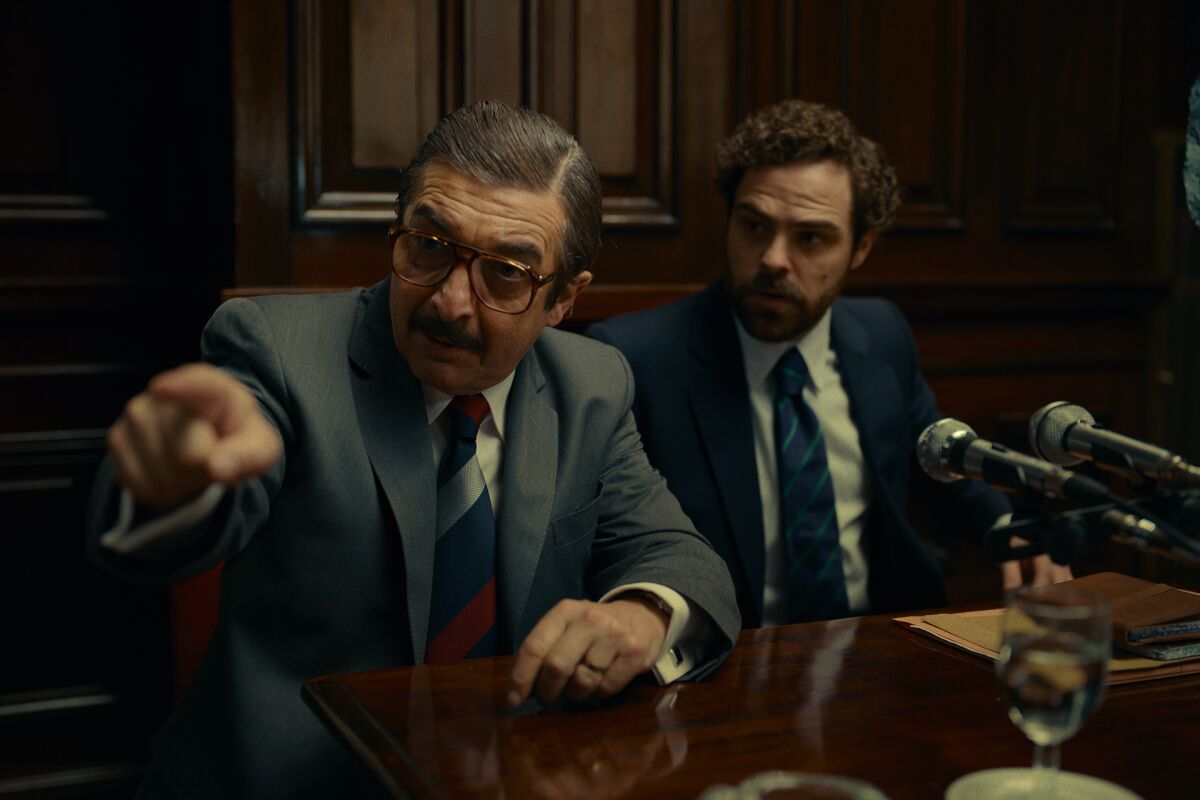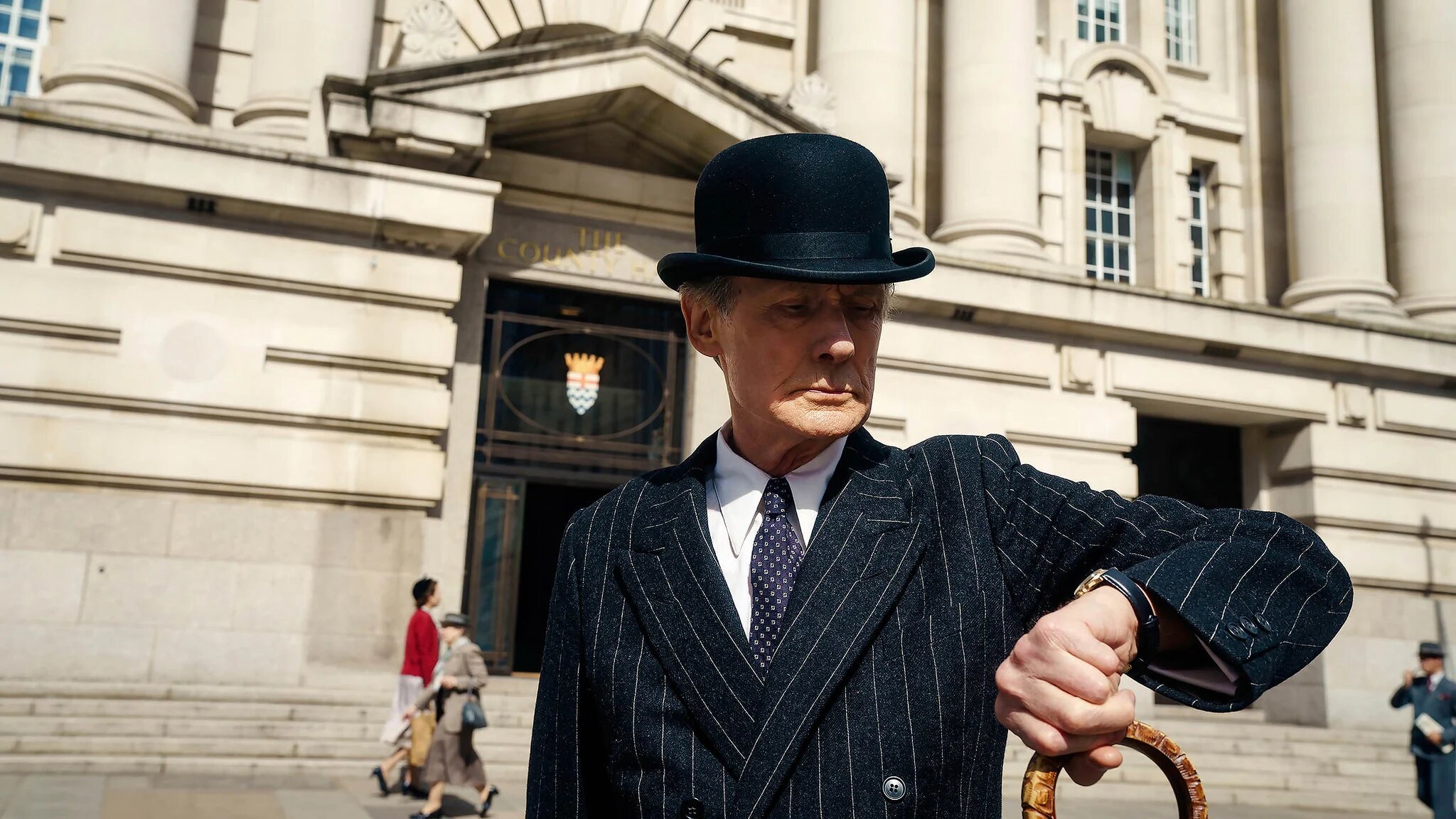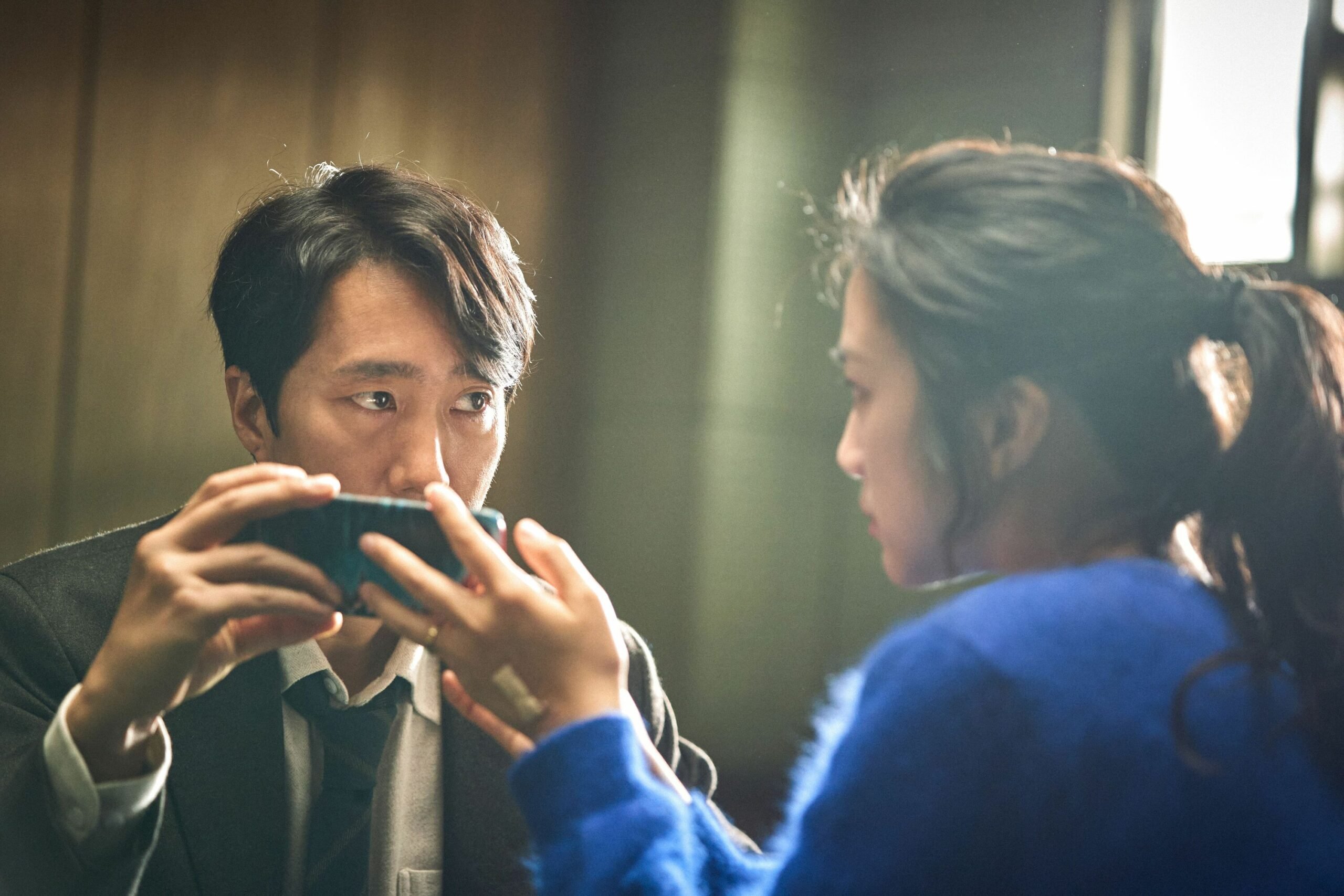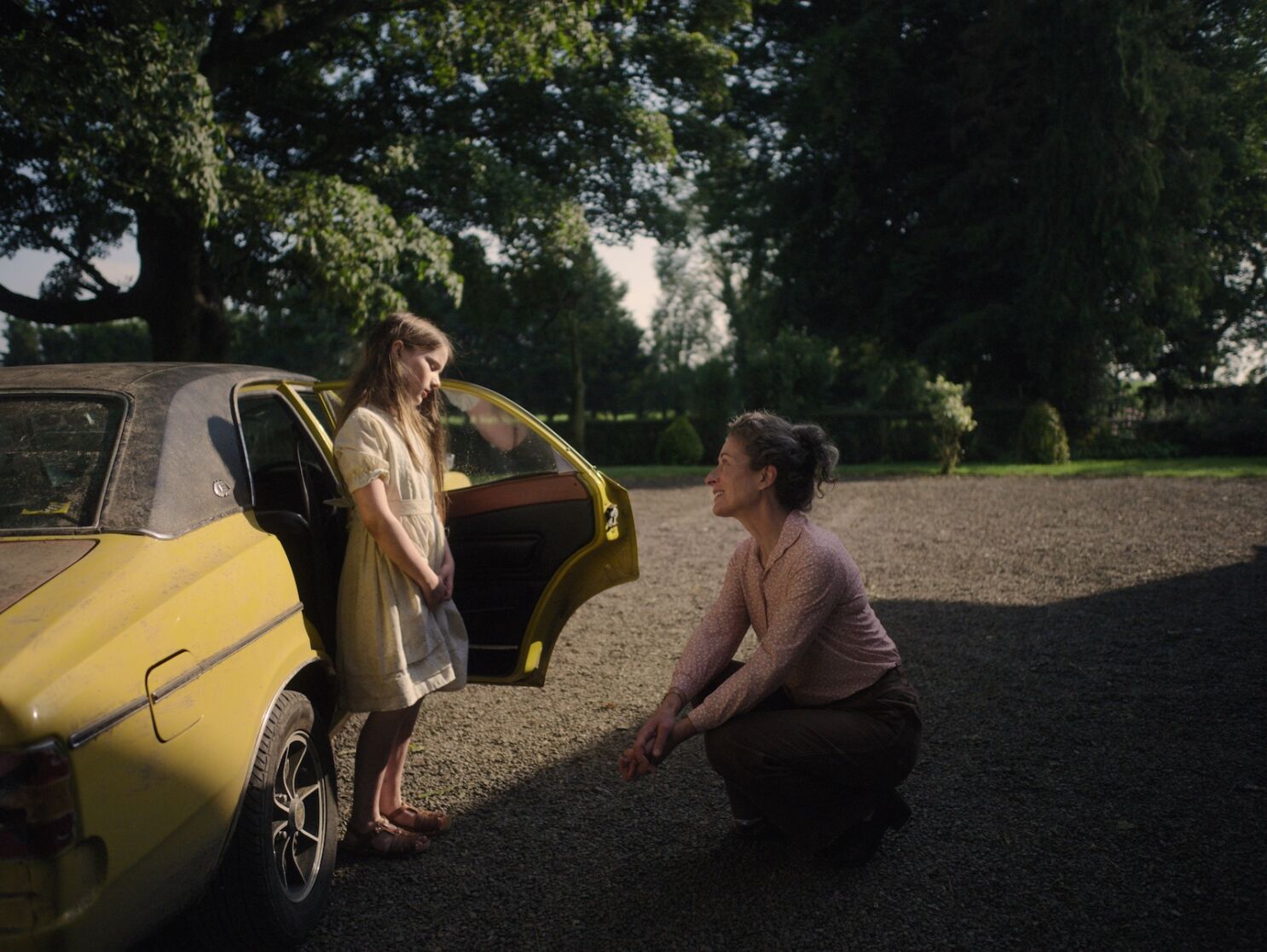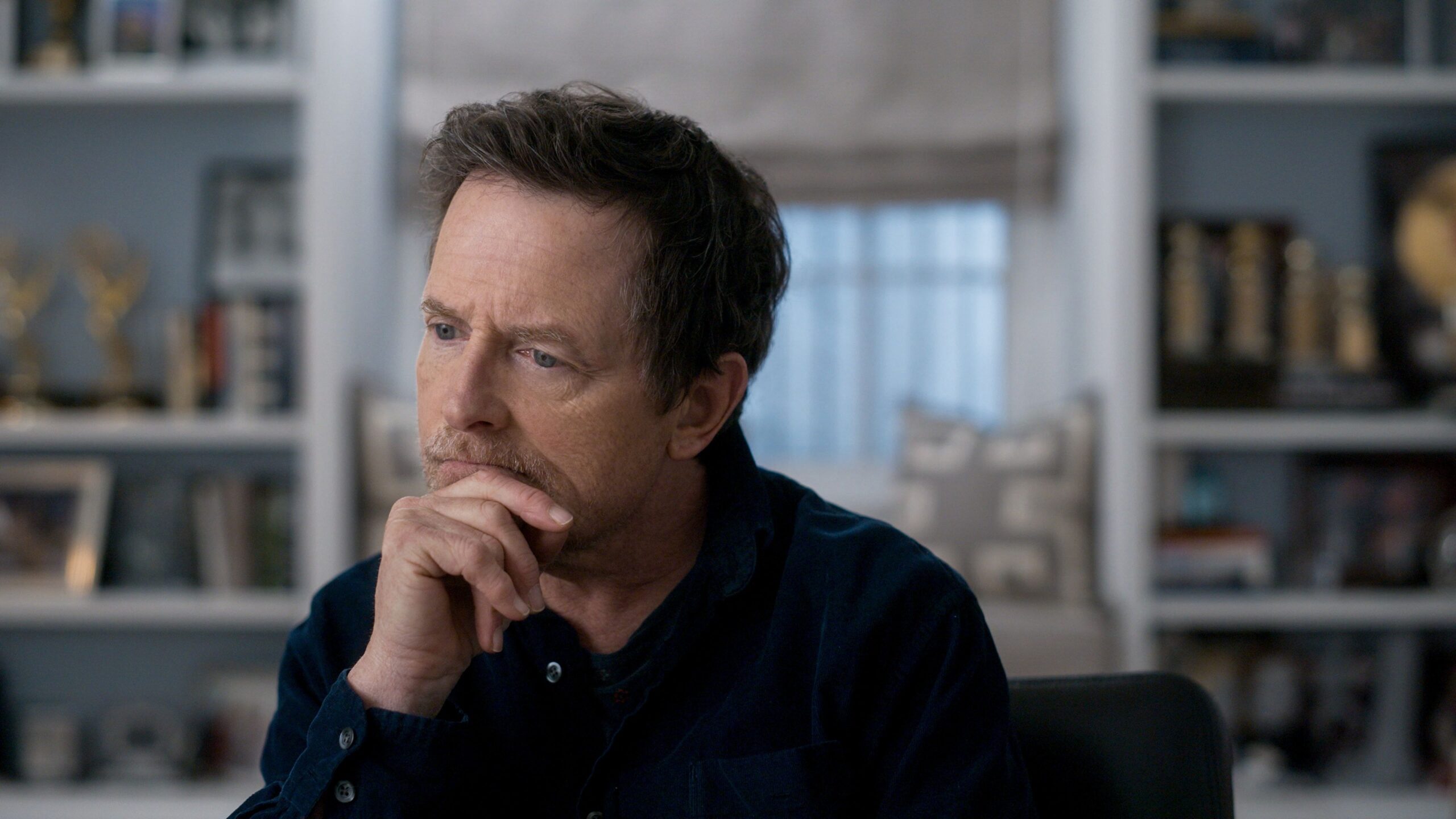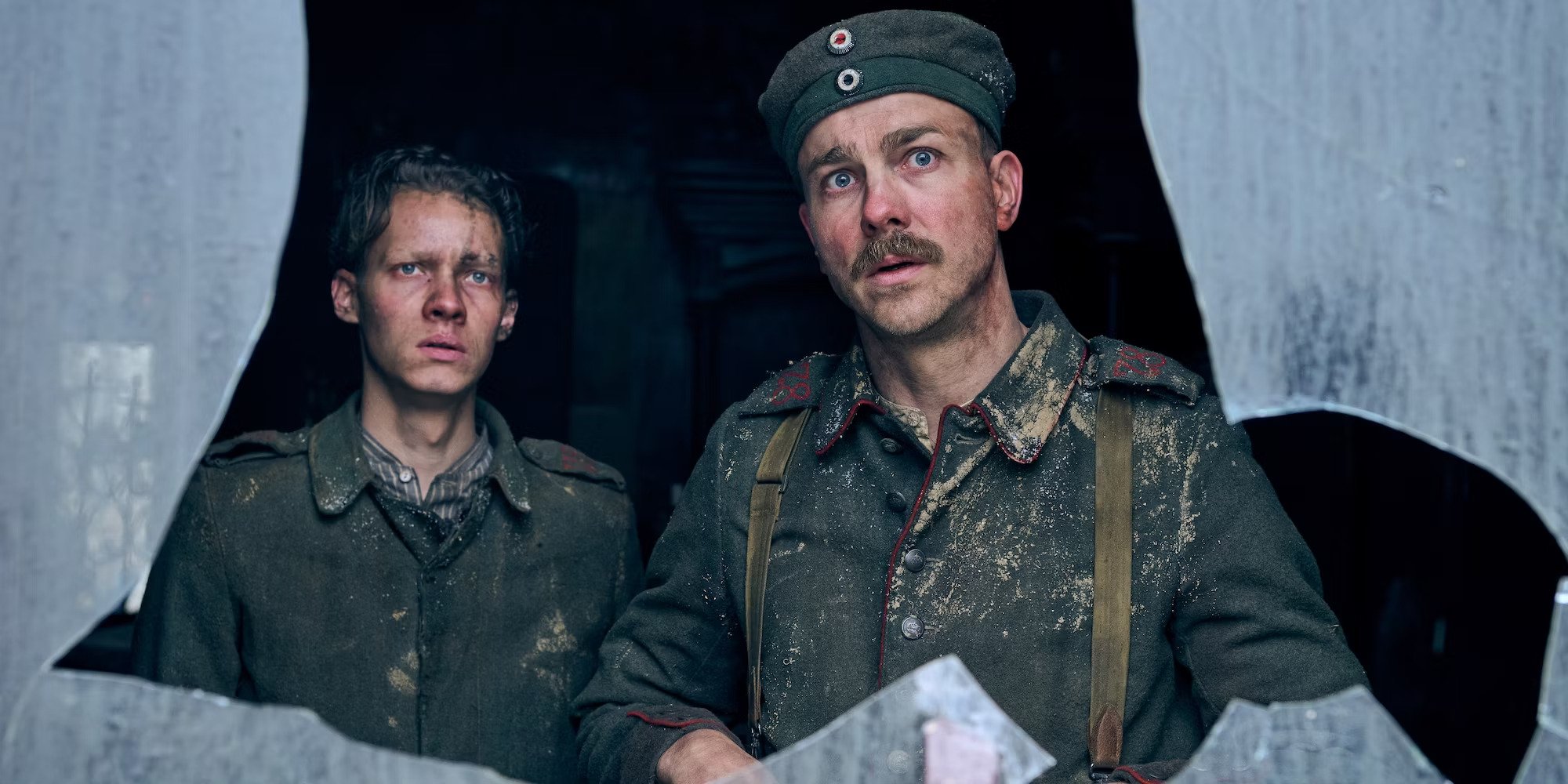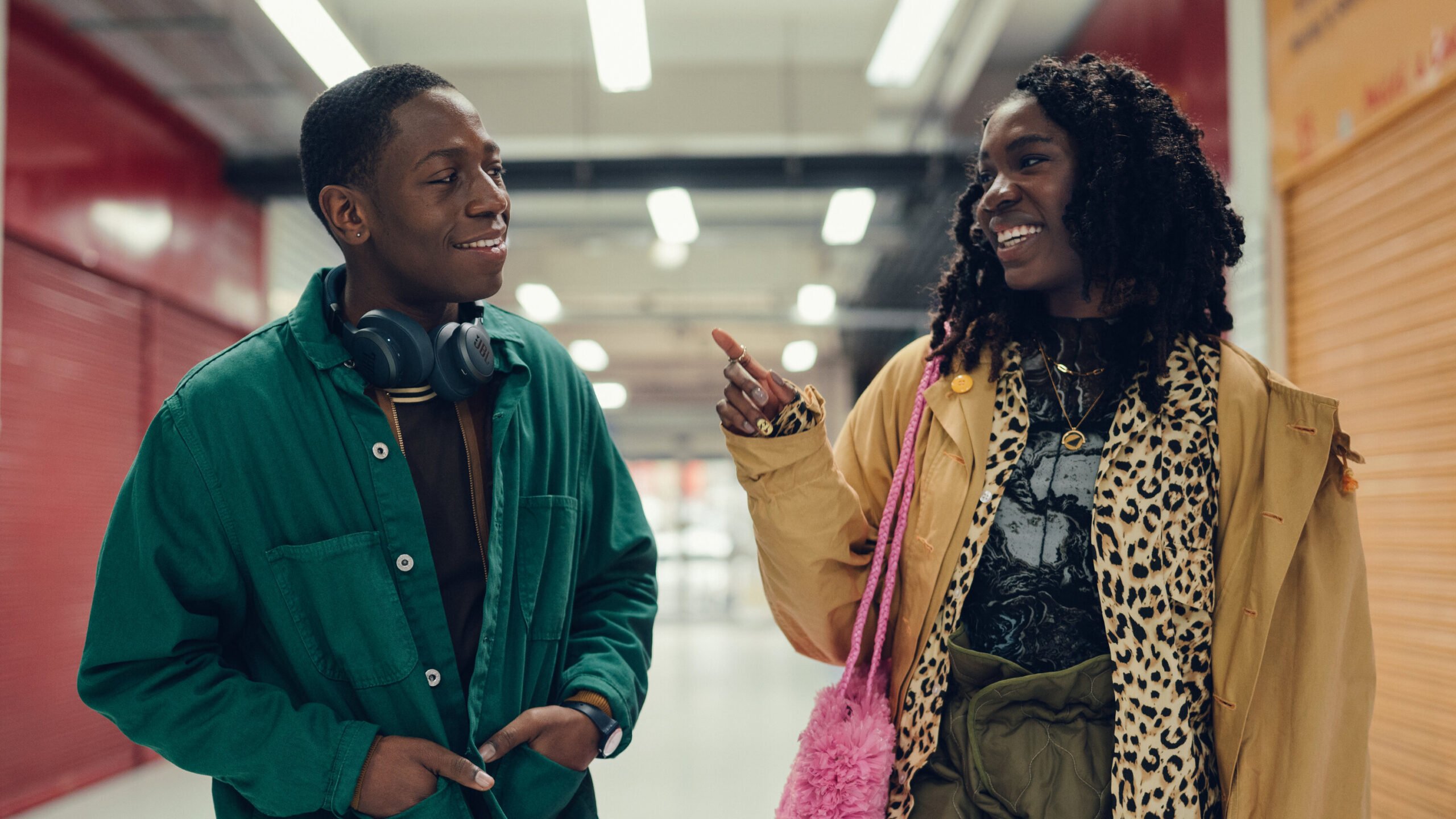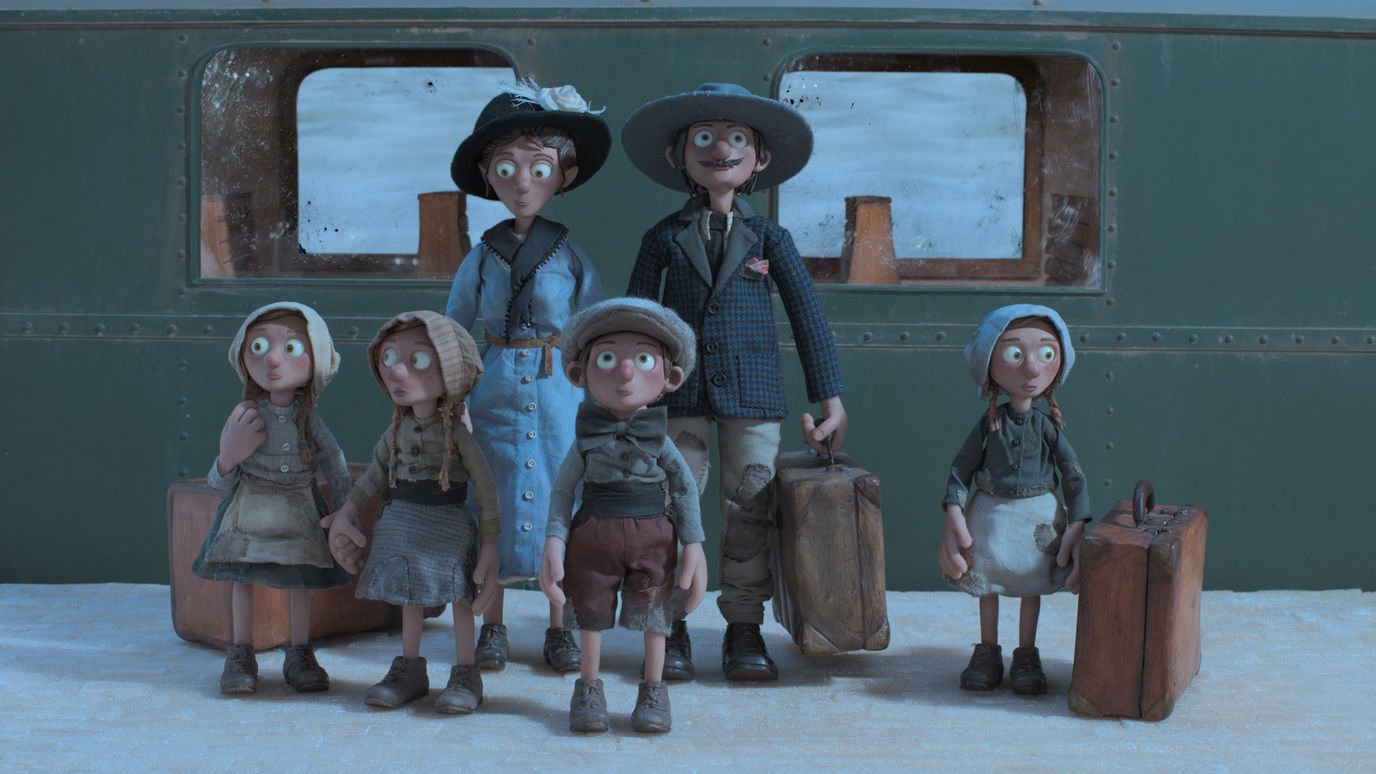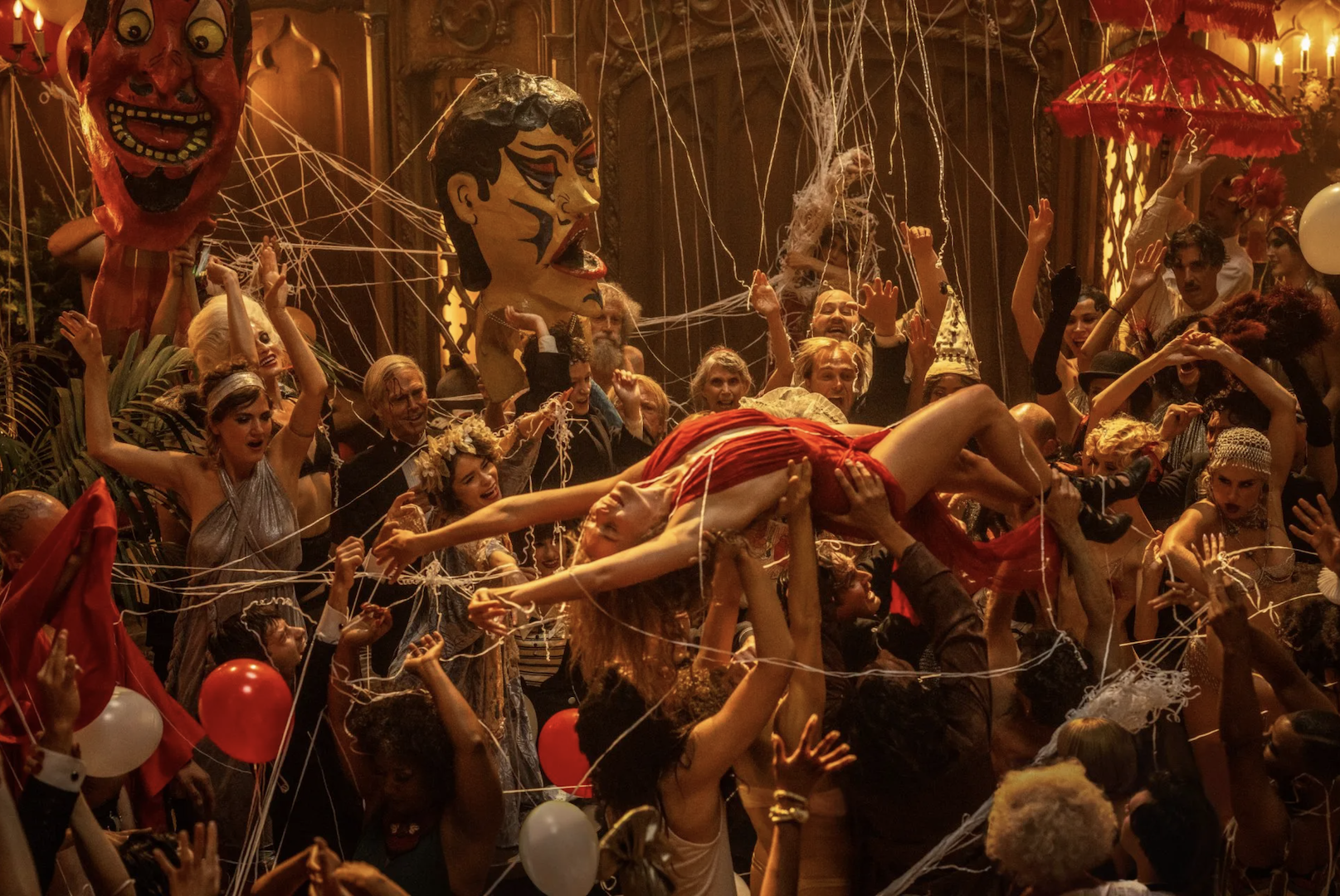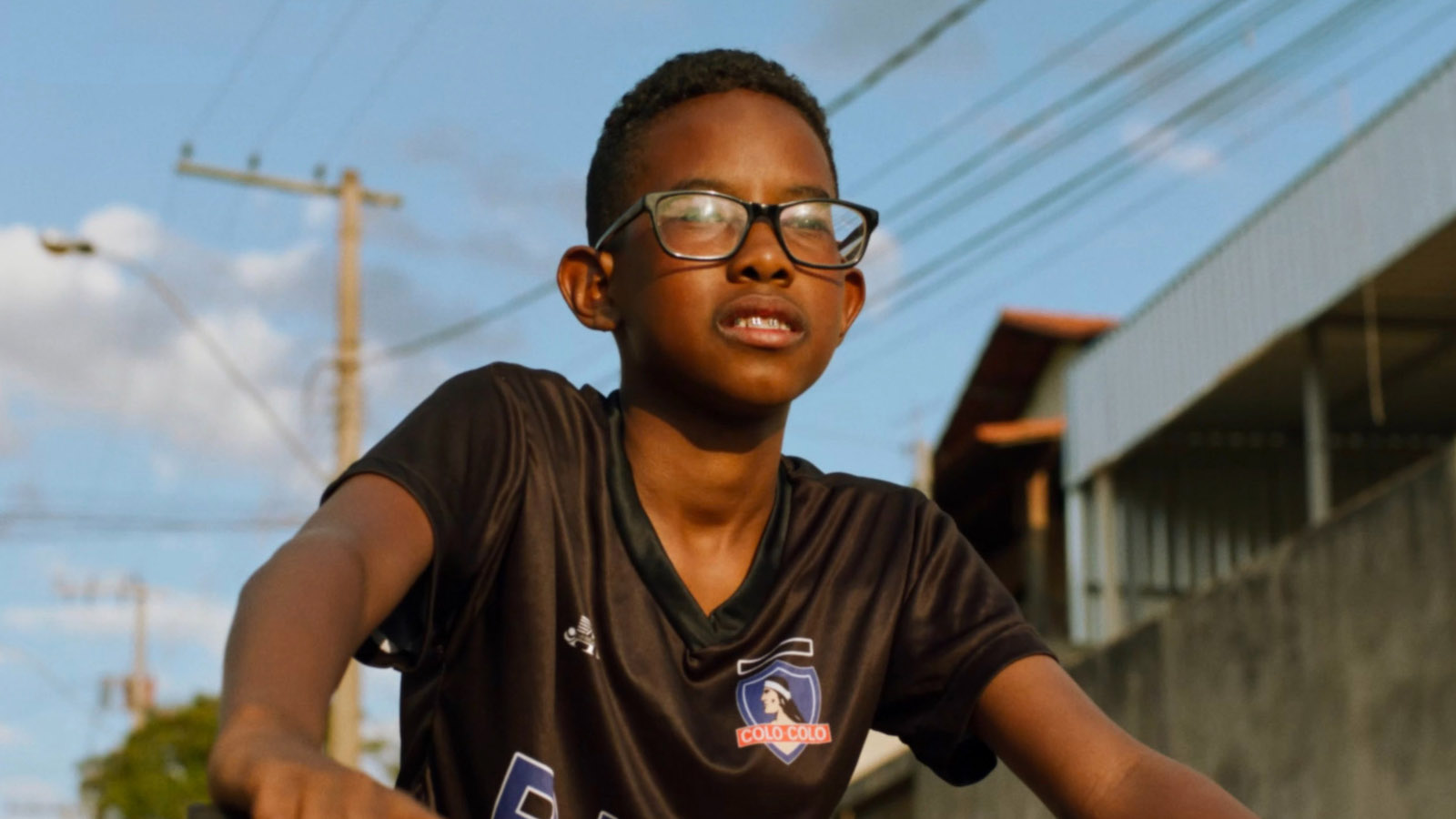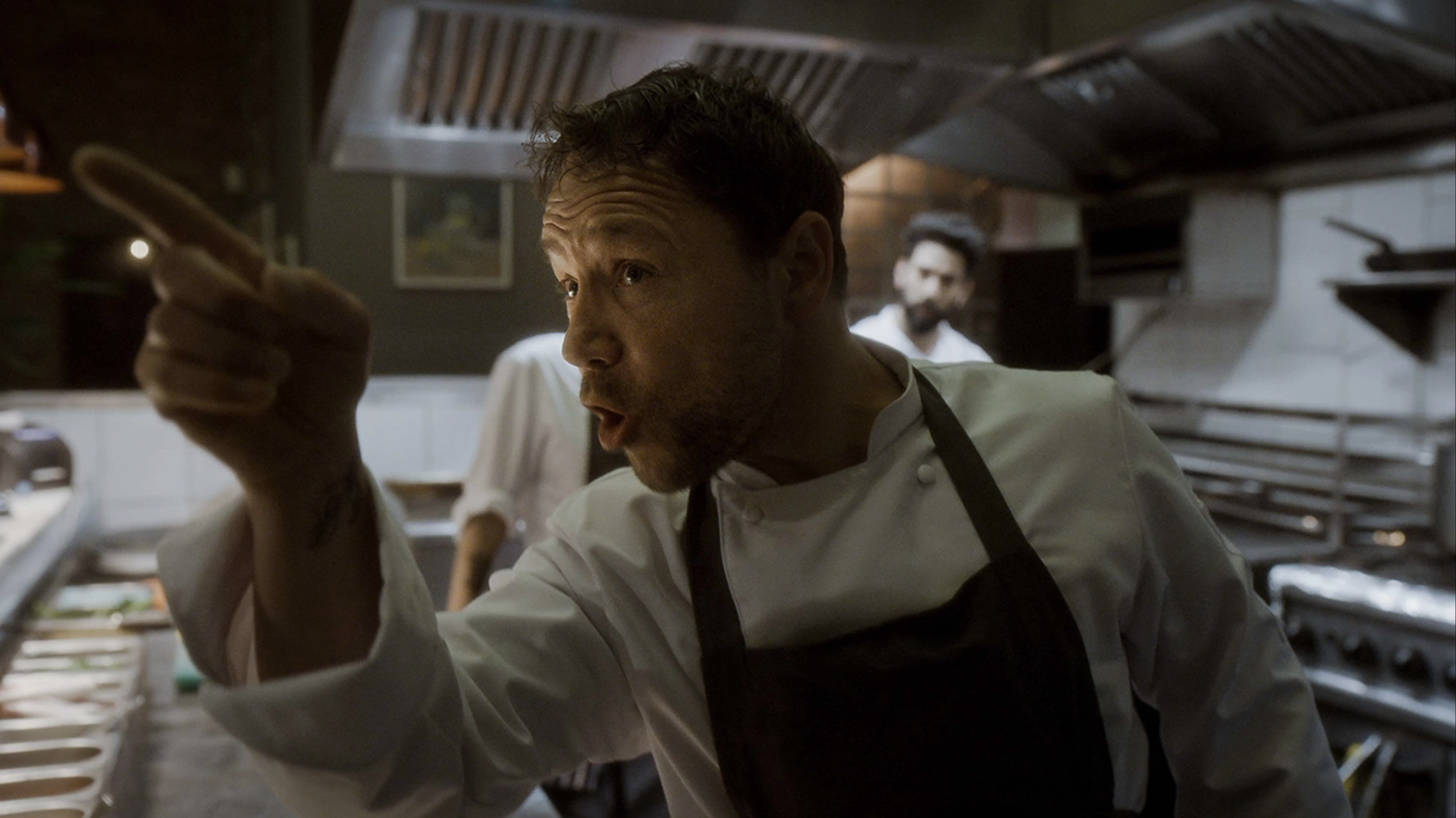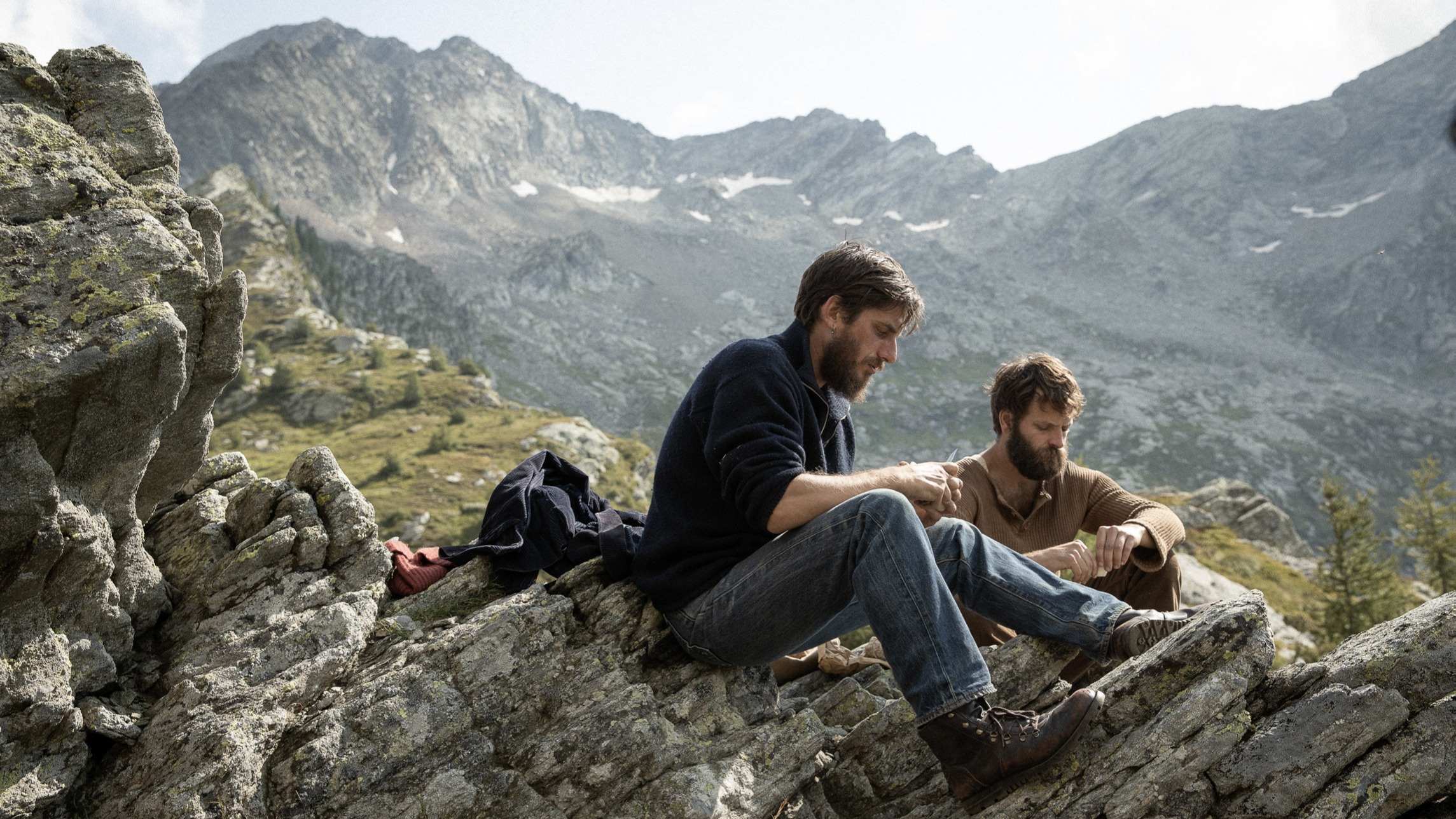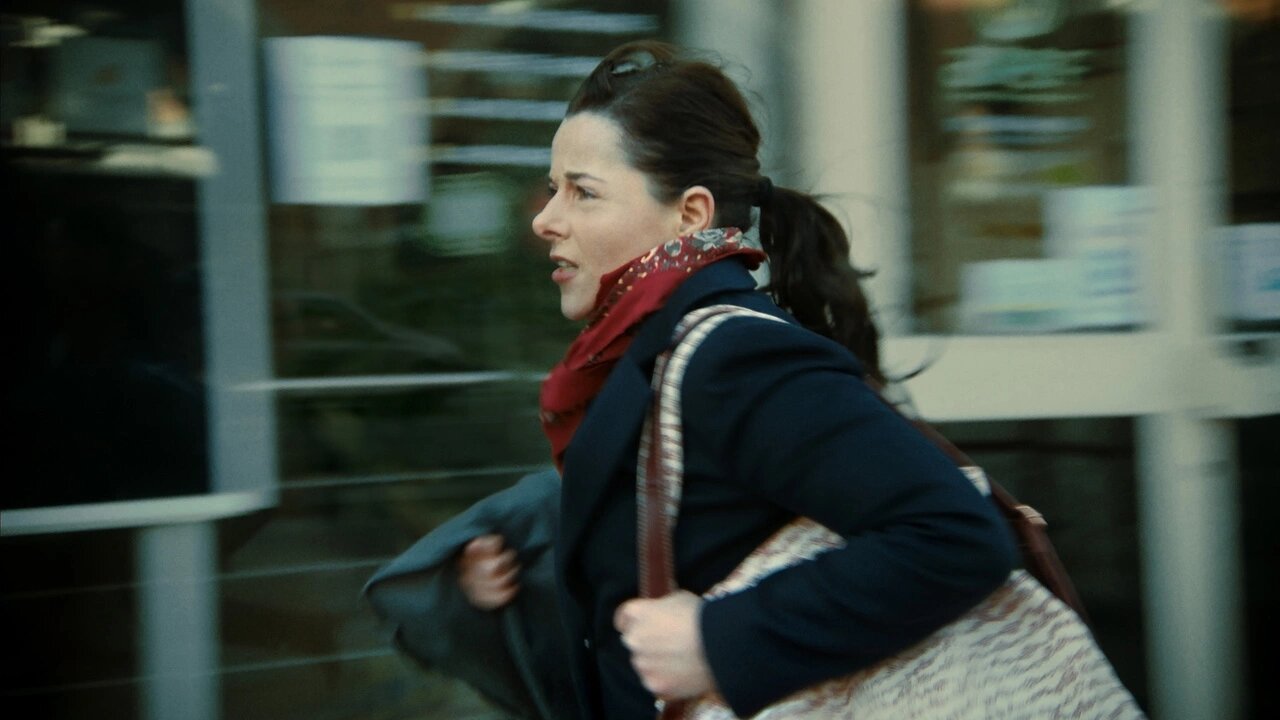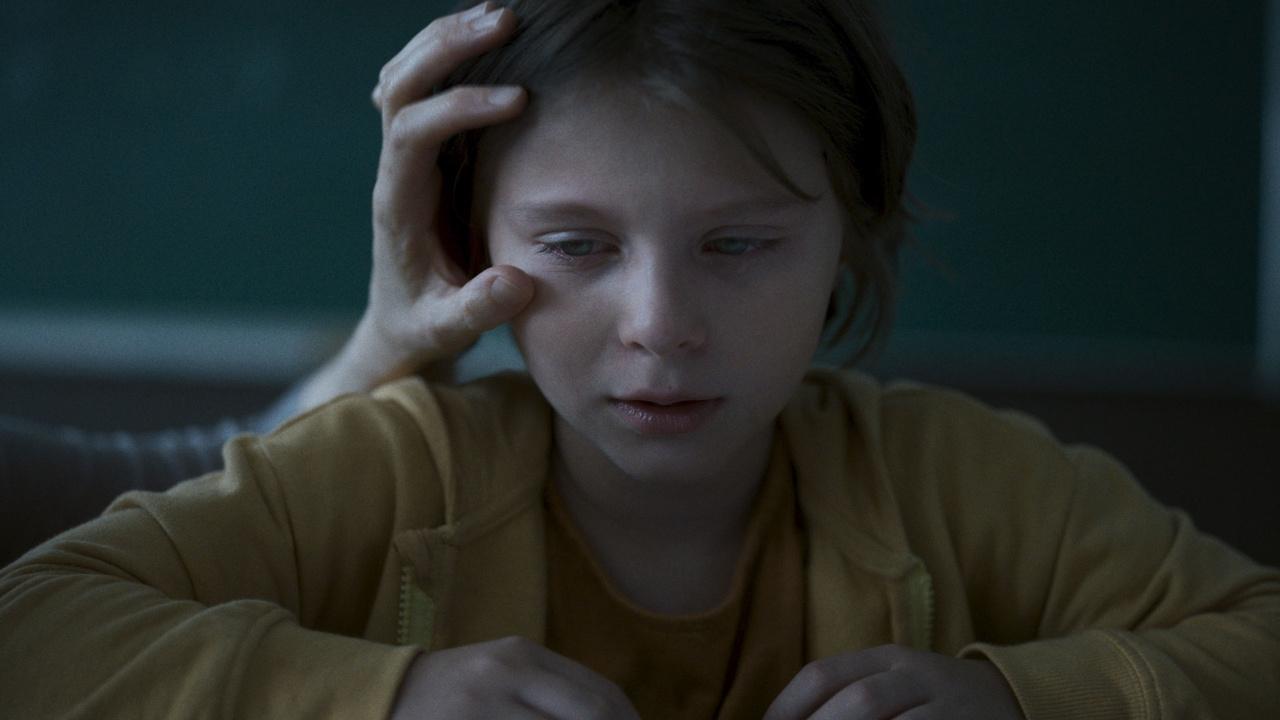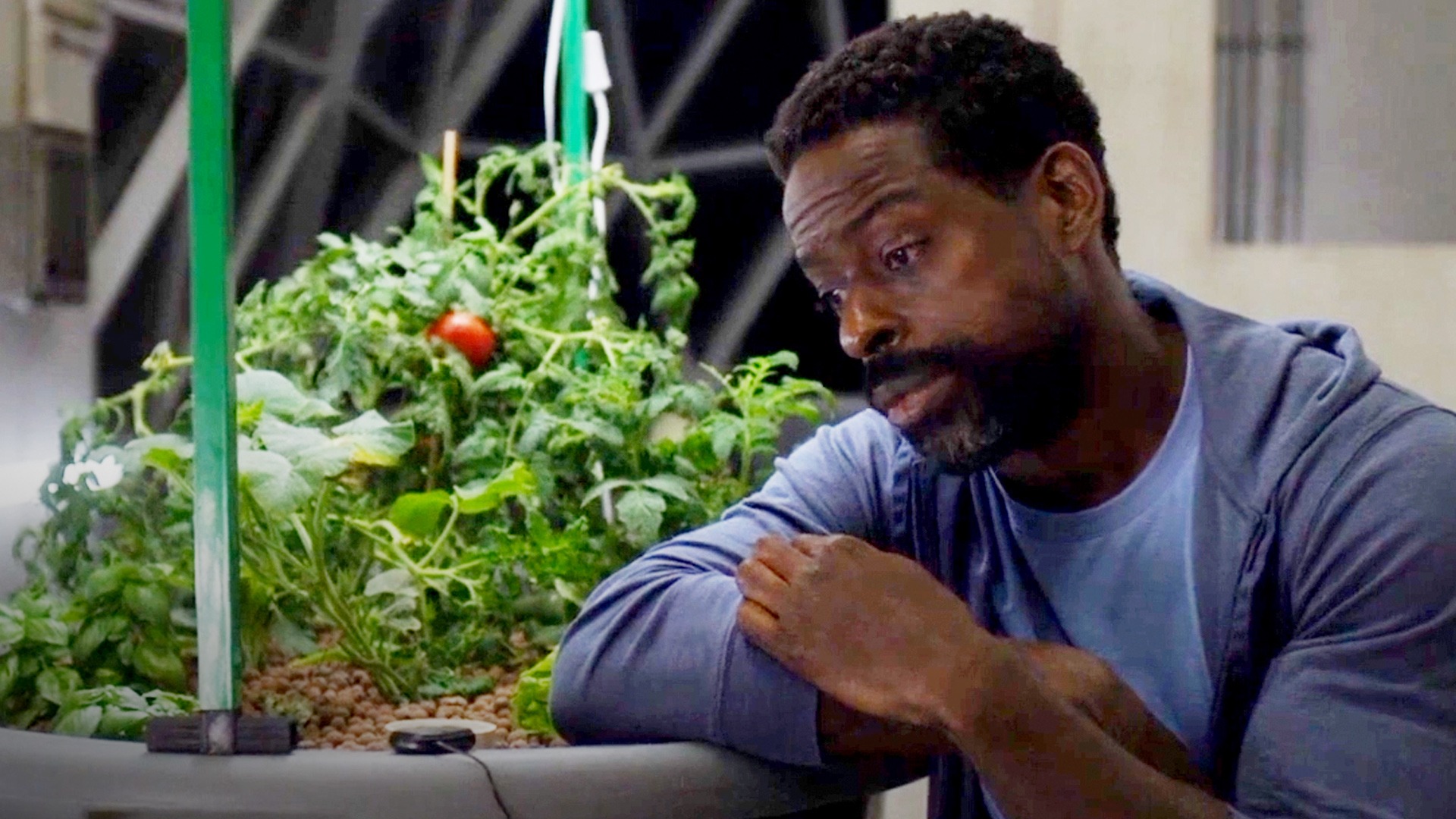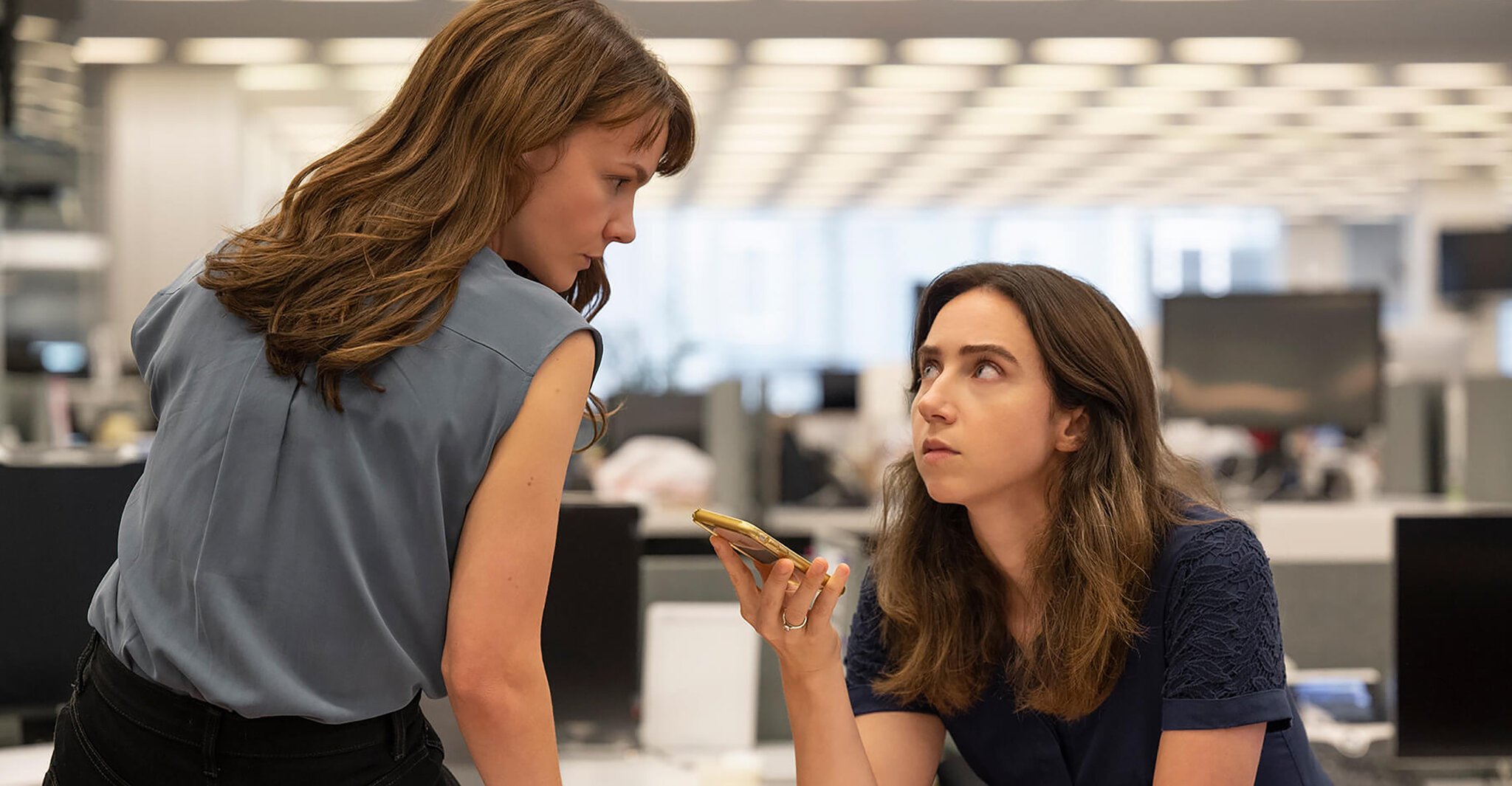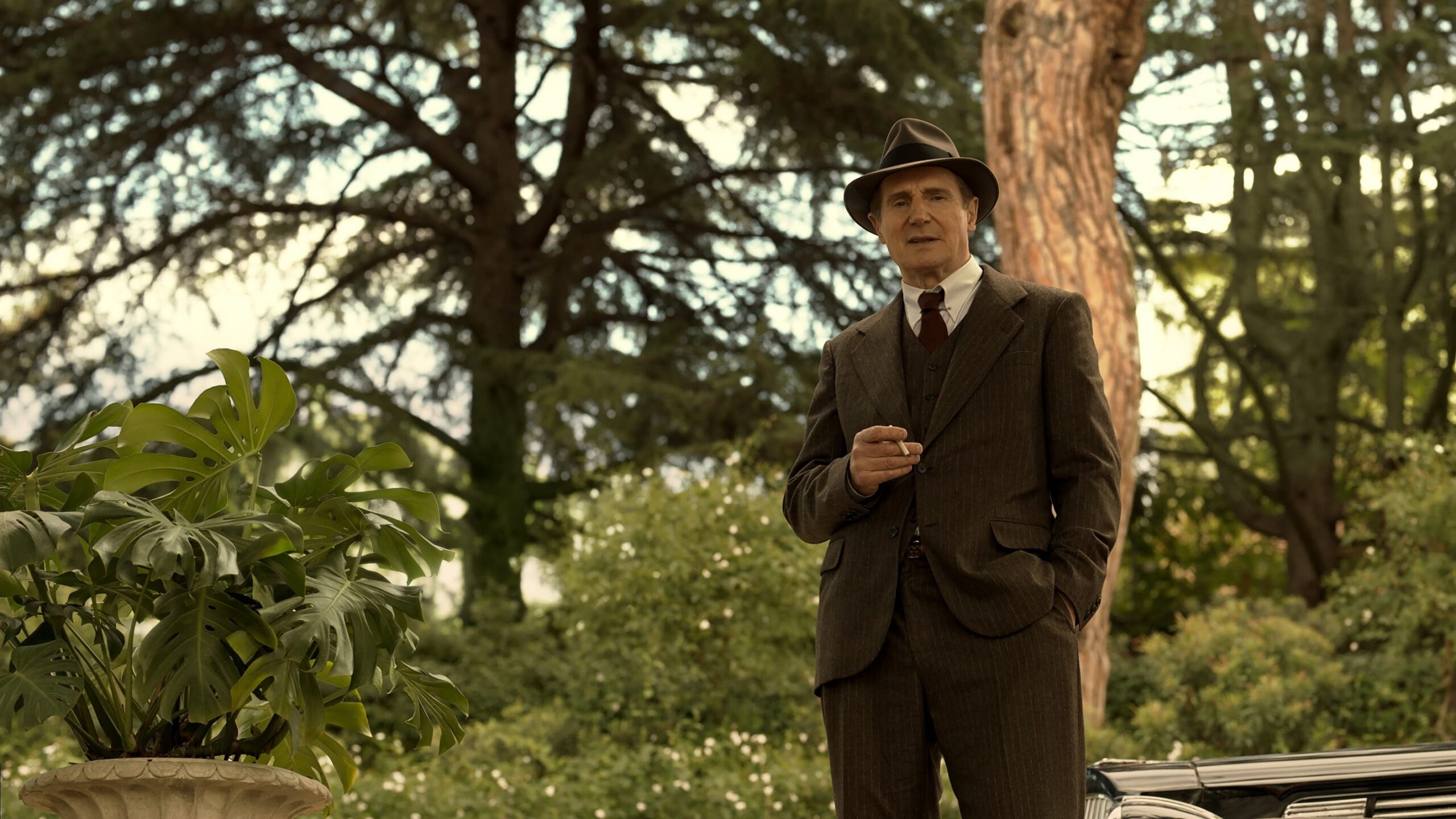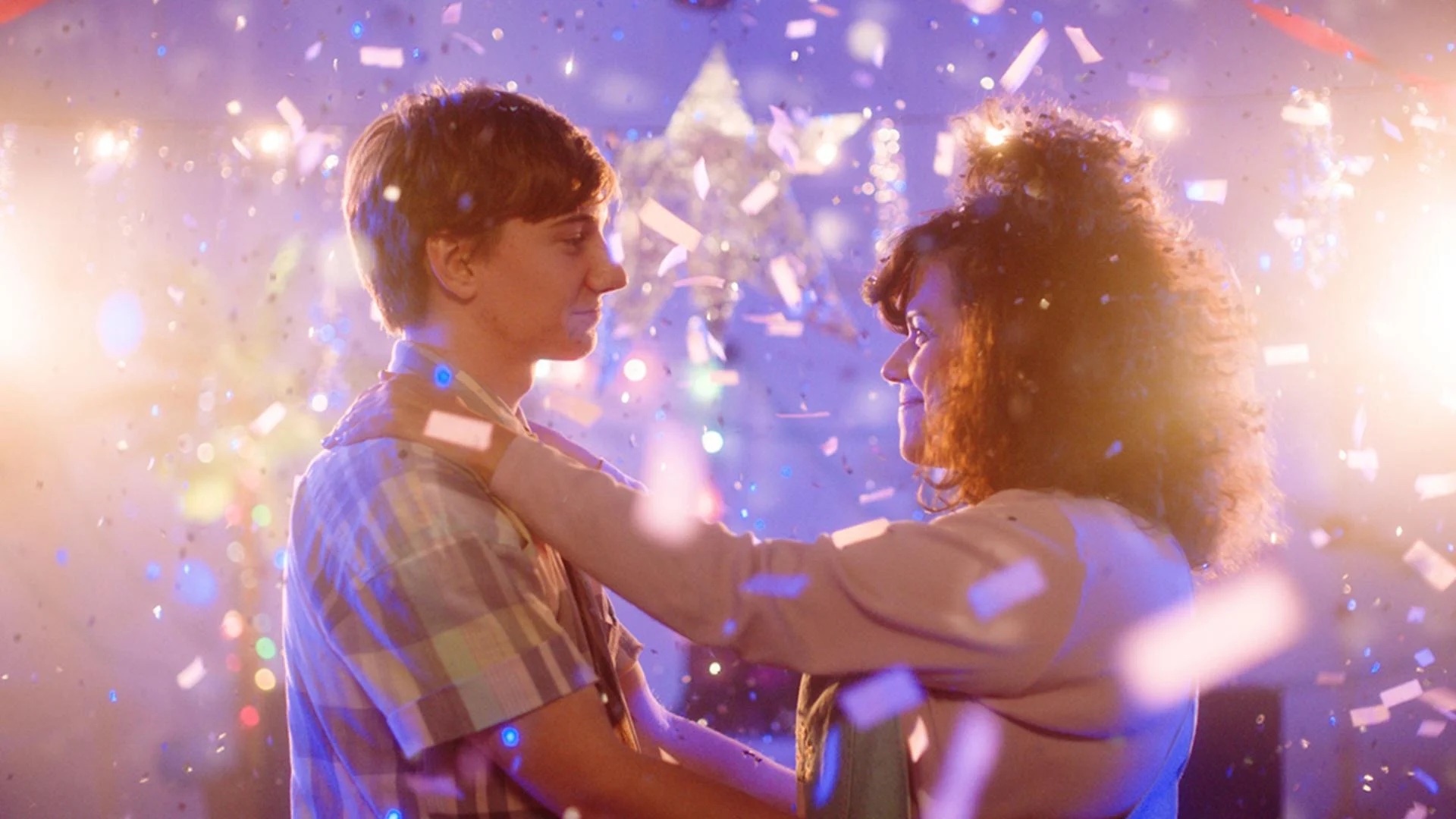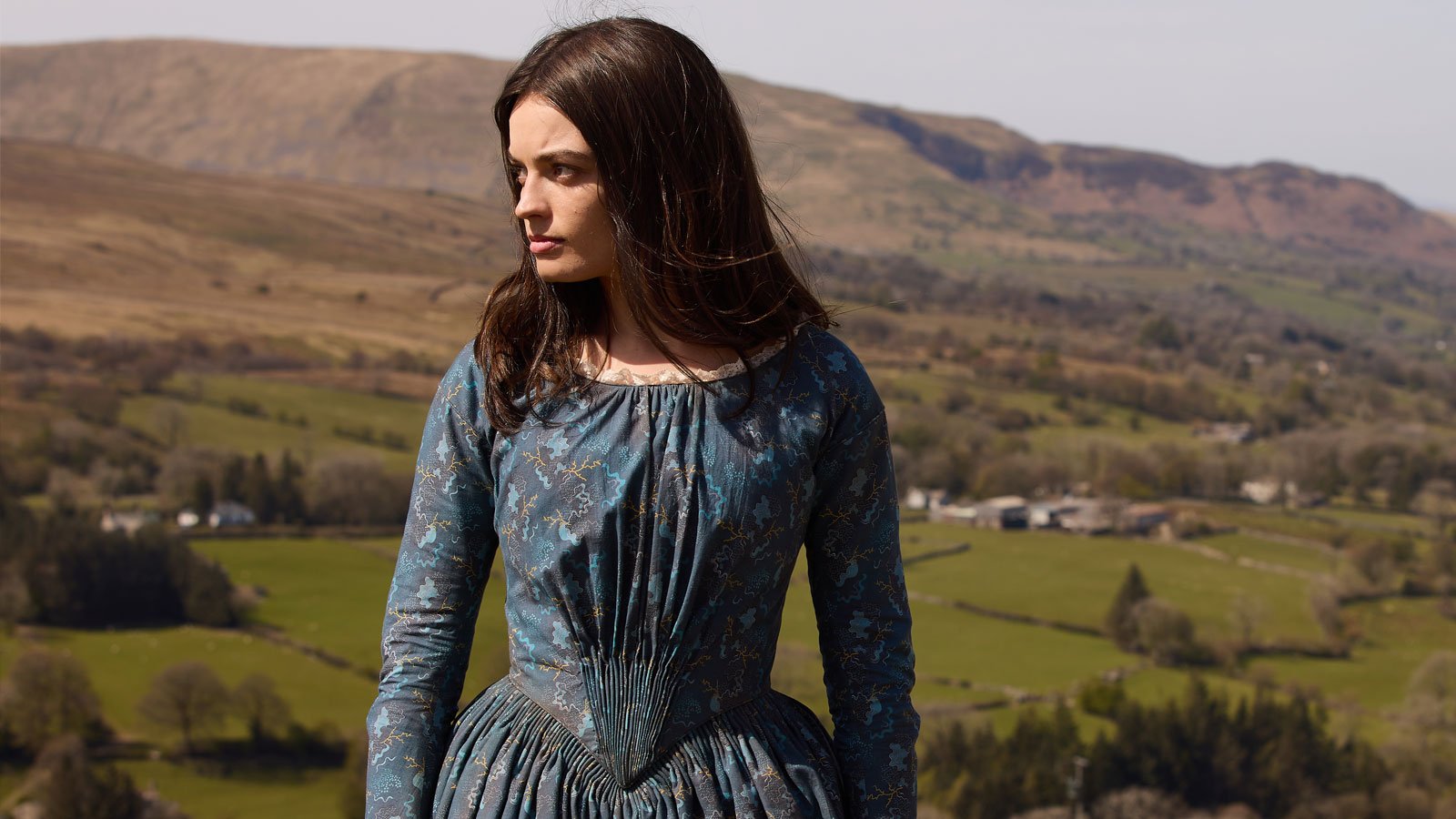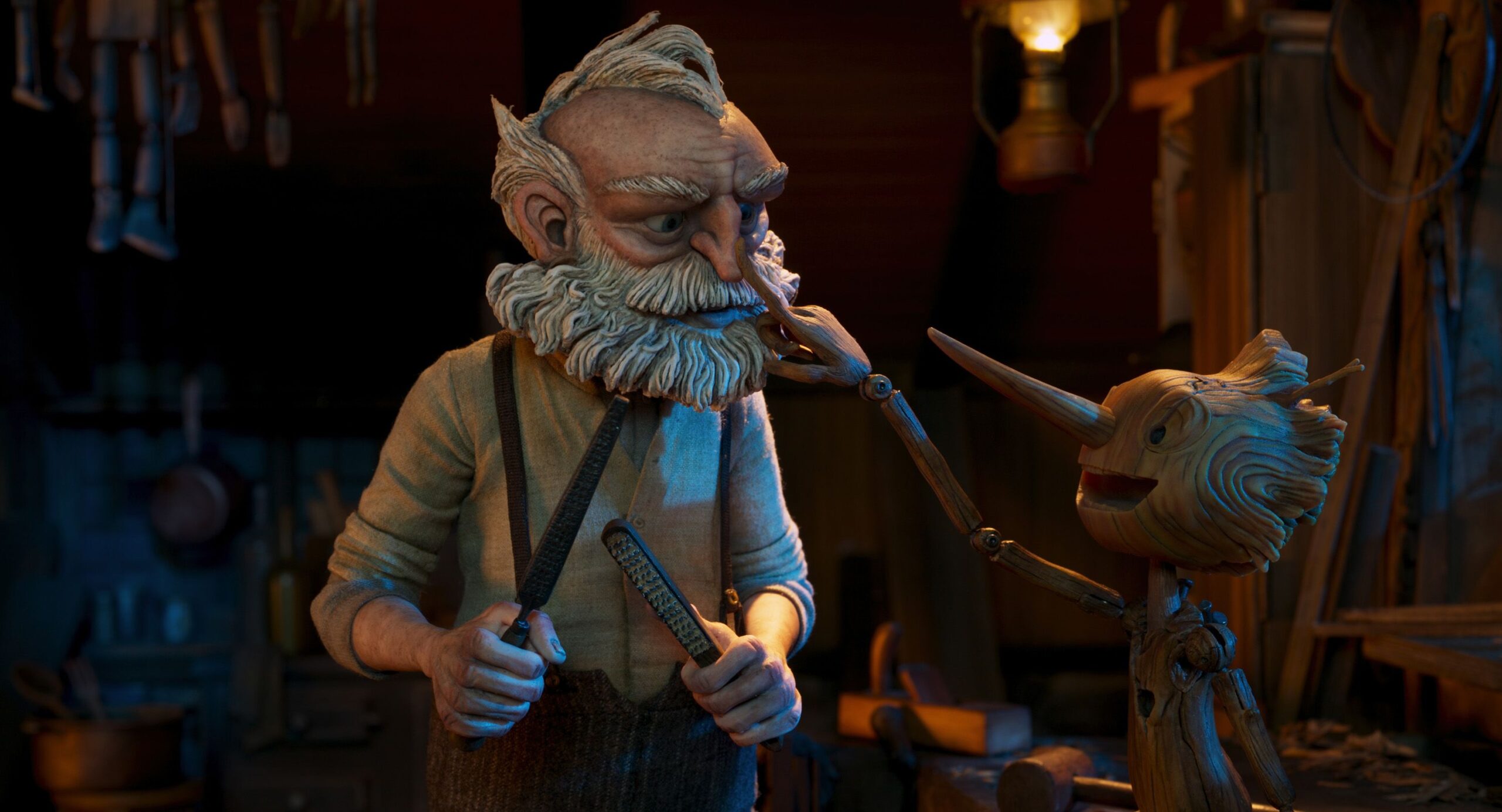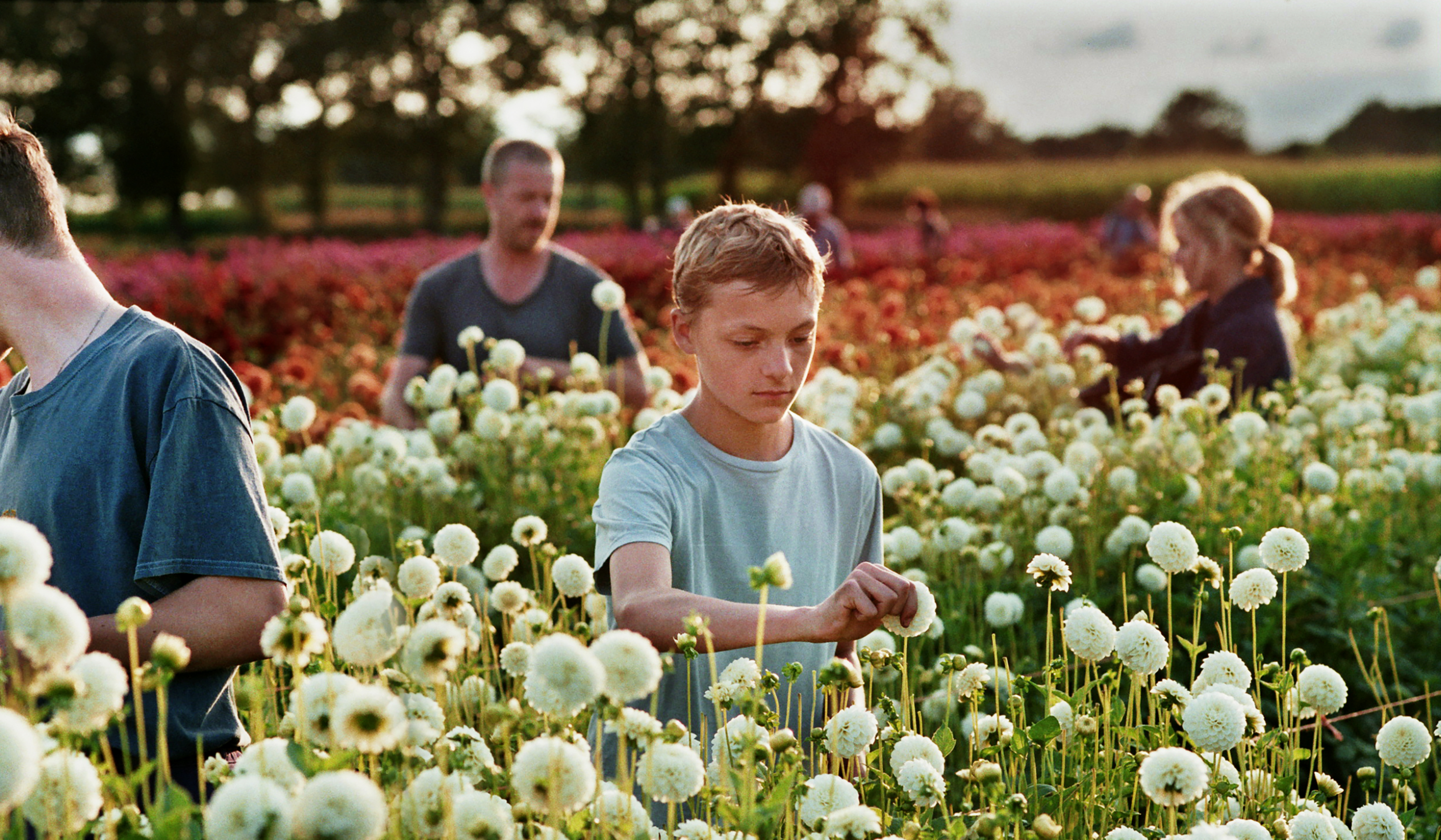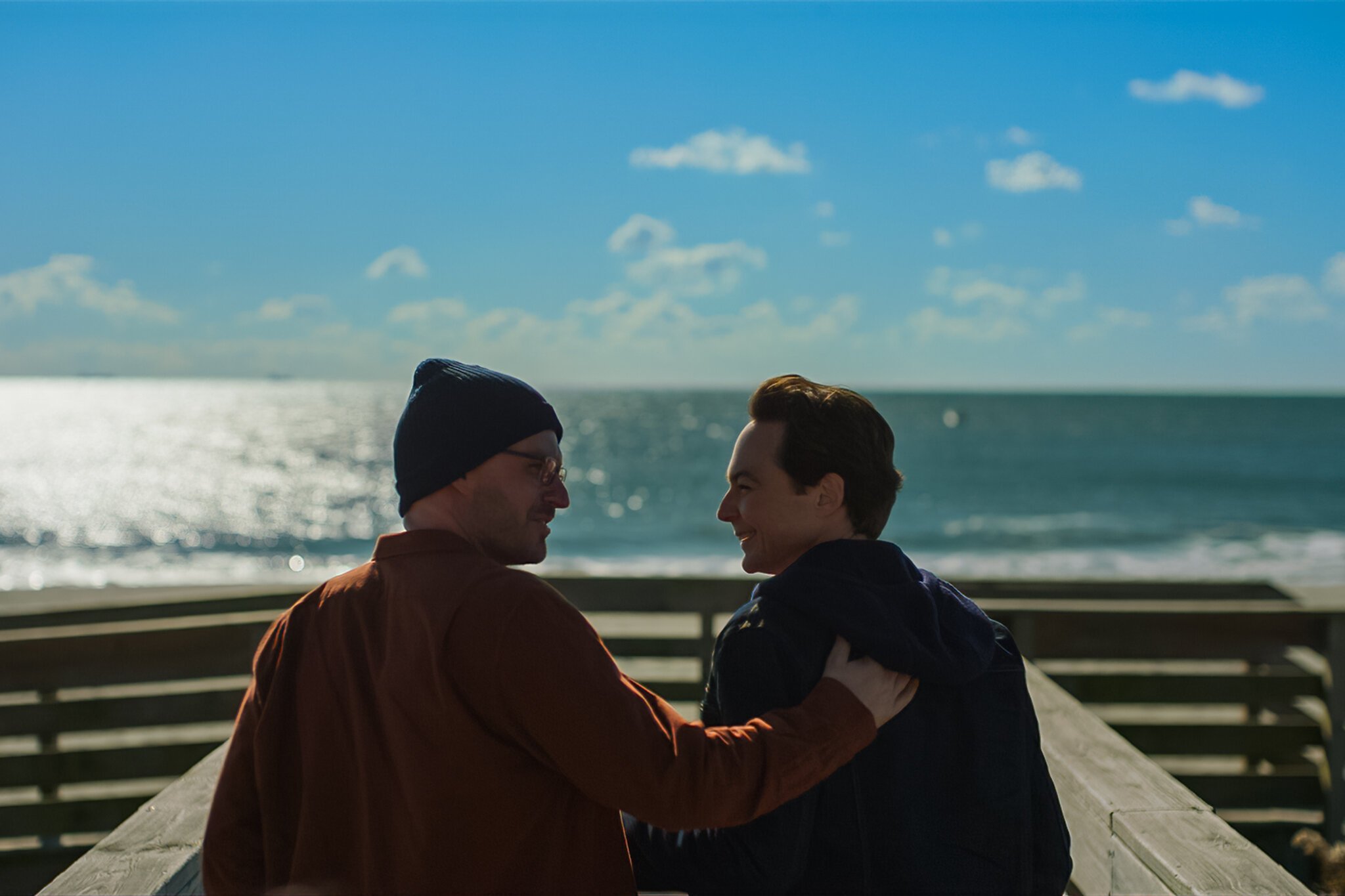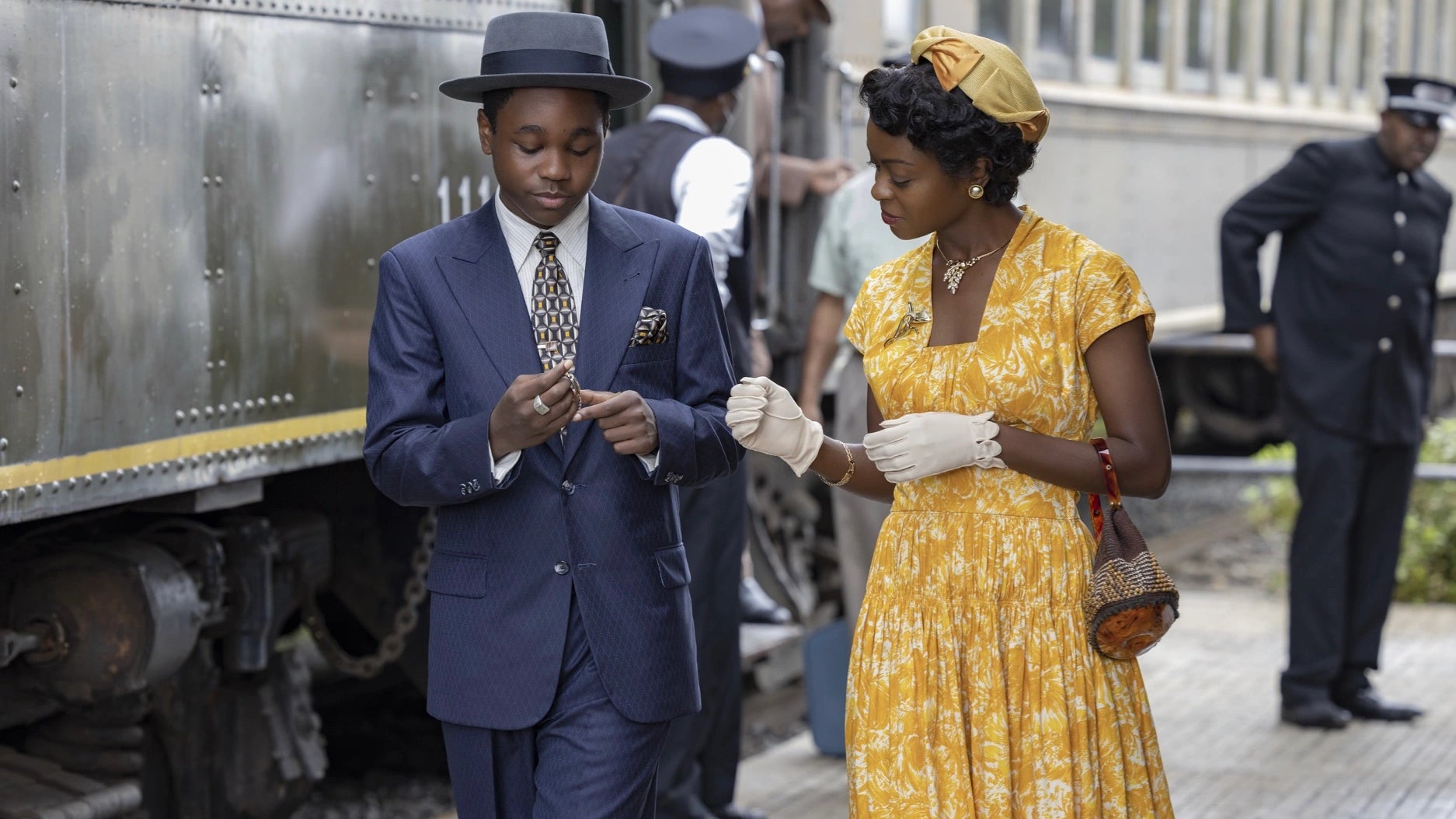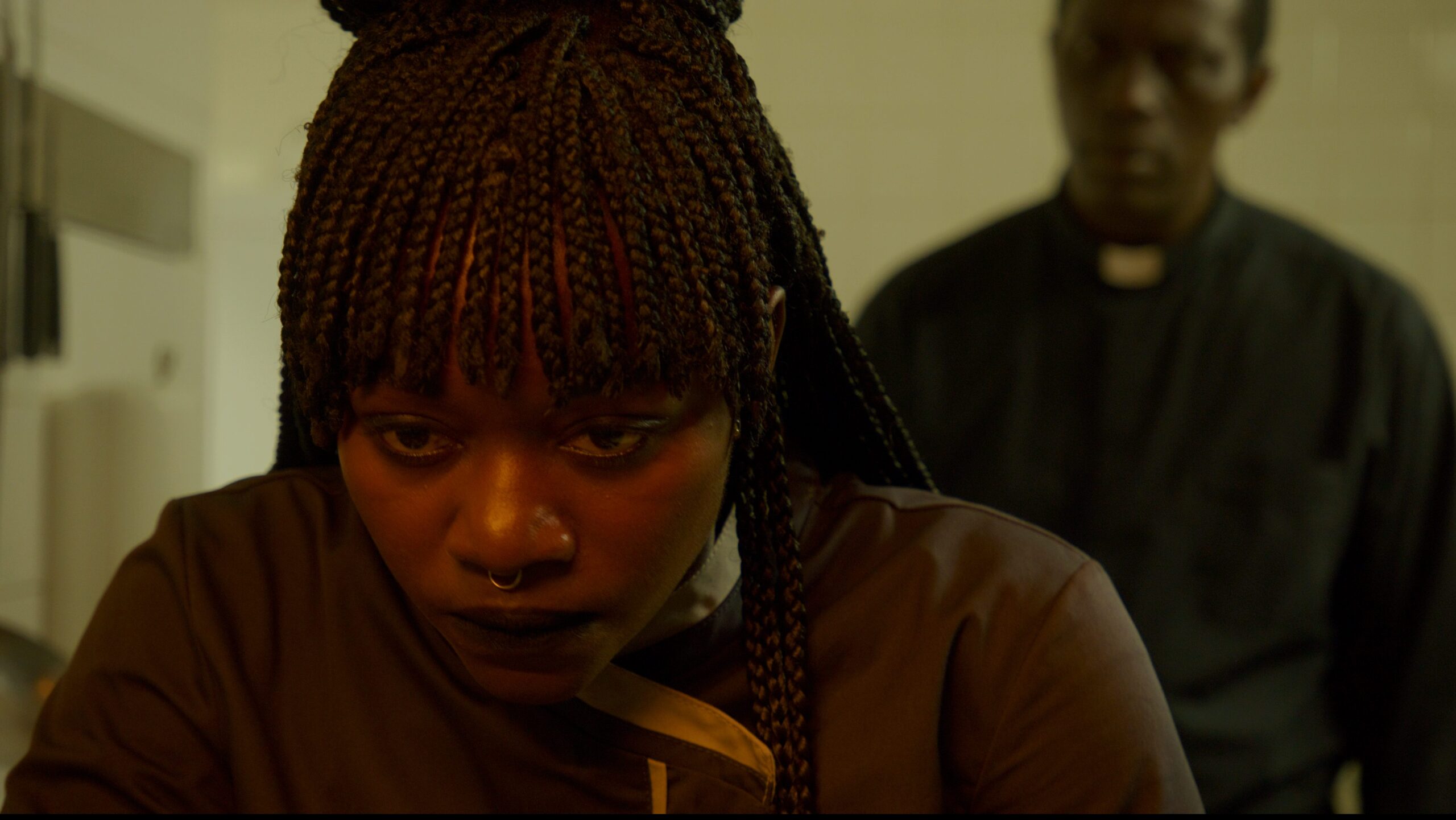Movies Like The Fabelmans (2022)
Monster is a deceptively simple story about growing up and the many misunderstandings that come with it. It’s told through different points of view, a technique that could easily feel gimmicky in the hands of a lesser director. But with director Hirokazu Kore-eda at the helm, it feels natural and inevitable, as if there was […]
In Aftersun, Sophie recalls a holiday she took as an eleven-year-old in the ‘90s with her father. Video recordings help jog her memory, but she’s looking for more than just a blast from the past. Rather, she seems to be seeking answers to fill in the gaps between who she knew as her father and […]
Nothing about Saint Omer is easy. A female Senegalese migrant (Guslagie Malanga) is put to trial for committing infanticide, but throughout the film, it becomes clear how much of a victim she is too, of an uncaring and deeply prejudiced society. “What drove her to madness?” Her attorney asks at one point. We’re not sure. […]
In All the Beauty and the Bloodshed, documentarist Laura Poitras (Citizenfour, My Country, My Country) lends her empathetic and incisive lens to a subject so passionate and imaginative, she ends up collaborating with Poitras to co-create the documentary about her life. The subject is Nan Goldin, one of the most influential photographers of the late […]
The Iranian director Jafar Panahi has faced constant persecution from his country’s government for over a decade, for his career of sharply political films speaking truth to power. In fact, No Bears—which was shot in secret, in defiance of the government banning him from filmmaking for 20 years—had its initial festival run in 2022 while […]
Not much happens in Women Talking, but what it lacks in action it more than makes up for in message. As the wronged women of an insular Christian colony decide whether they should leave or stay in their community, valuable points on each side are raised and debated fiercely. Are the men at fault or […]
Joyland is groundbreaking on nearly all accounts. It’s the first Pakistani film to premiere at the Cannes Film Festival and to be shortlisted for an Oscar. Its forthright depiction of trans life and gender identity provoked the ire of local authorities, but it also inspired a nationwide movement (#ReleaseJoyland) that fought against censorship. It’s understandable, […]
As a crime thriller, Holy Spider is taut and terrifying, a modern noir that manages to unnerve despite the familiar moves it employs. The cat and mouse chase between serial killer and investigative reporter, for instance, is a classic tale, but that doesn’t make Holy Spider any less gripping. The film benefits from artful camerawork, […]
Argentina, 1985 is a legal drama about how a prosecutor and his young team were able to mount evidence—despite all threats and odds—against the officials behind a brutal military dictatorship. The public trial is supposedly the first of its kind in Latin America, a marker of true democracy that made a hero out of Julio […]
Adapted from the Japanese film Ikiru, which in turn was adapted from the Russian story The Death of Ivan Ilyich, Living is a parable about, well, living. Specifically, it’s about the importance of wonder and the magic of the mundane. It’s also about legacy and the stories we leave in our wake, which live on […]
A twitchy, uncomfortable noir film for the digital age, Decision to Leave blends the trappings of a restless police procedural with an obsessive forbidden romance. Here, director Park Chan-wook flips every interrogation and piece of evidence on its head, pulling us away from the whodunit and towards the inherently invasive nature of a criminal investigation. […]
“Many’s the person missed the opportunity to say nothing and lost much because of it.” The Quiet Girl takes the troubled, reserved nature of Cáit (Catherine Clinch) as she’s swallowed by the discord in her evergrowing family, who treats her as an outcast, and fills the film with her serene, observatory perspective. Long sequences with […]
There’s a scene early in the documentary when present-day Michael J. Fox, who famously suffers from Parkinson’s Disease, swaggers along a street and greets a fan, only to stumble at that very moment and have people surround him with concern. Instead of giving into their pity or pretending nothing happened, he cooly tells the fan, […]
All Quiet on the Western Front is a period epic that unflinchingly shows us the savagery and senselessness of war. Set at the tail end of World War I, it follows two main stories: that of German soldier Paul Bäumer (Felix Kammerer), whose boyish eagerness for warfare is diminished with each bloody step he takes […]
Rye Lane knows it’s treading familiar ground by having its charming leads fall in love as they walk and talk their way through a beautiful city. So instead of experimenting on a tried-and-tested setup, it smartly focuses on specificity. It hones in on the characters’ Gen Z woes and cranks up the British references, giving […]
With cardboard houses, sugar winters, and broccoli trees, No Dogs or Italians Allowed at first seems lighthearted, playful, and not too serious. Alain Ughetto casts himself asking his grandmother Cesira about his family, but we only see his hands moving and interacting with the characters as if he was crafting clay model miniatures. However, the […]
Between its maximalist production design and increasingly dark comedic set pieces, the most striking thing about Damien Chazelle’s critically misunderstood industry satire is how it strikes a tone closer to tabloid gossip than anything else. As opposed to the clockwork precision of Chazelle’s Whiplash, or the dreaminess of La La Land, Babylon’s restlessness doesn’t resemble […]
Mars One is a tender, wholesome drama that centers on The Martins, a family of four living on the fringes of a major Brazilian city. Their lower-middle-class status puts them in an odd position—they’re settled enough to have big dreams and occasionally lead lavish lives (the mother and the daughter like to party) but they […]
Among the sea of class satires released in the last year, Triangle of Sadness is one of the better ones. Directed by Ruben Östlund (The Square, Force Majeure), the film follows an ultra-rich group of people who get stranded on an island after their luxury cruise ship sinks. The social pyramid that has long favored […]
One of the most overlooked films in recent years, Boiling Point is an intense British drama about the life of a head chef. We get to view his world for exactly 90 minutes and, yes, it is all shot in one go. No camera tricks or quirks, just pure filmmaking. Many other movies have tried […]
Spanning over decades and continents, The Eight Mountains depicts the kind of childhood friendship that remains central to one’s whole world. While city boy Pietro (Luca Marinelli) treks from the Alps to the Himalayas, the mountain pasture of Grana remains special as his father’s old refuge and as the hometown of childhood best friend Bruno […]
Full Time is about the Herculean task that is getting through the day. For Julie Roy (the incredible Laure Calamy), that means keeping a job in the city as a single mother living in the suburbs. In this particular week, she has to attend to childcare, work a job below her skill set, apply for […]
In Playground, we follow seven-year-old Nora as she navigates friends and school. Through her eyes (and often on her eye level), we witness her and her brother trying and often failing to fit in. The film is an unfiltered account of their formative years, and possibly a reflection of our own. Commercials and kid-friendly media […]
There’s an elephant lurking in the room from the outset of Biosphere, in which two men are the last survivors of an apocalypse: how will humanity live on? Best friends Billy (Mark Duplass) and Ray (Sterling K. Brown) have only survived thanks to the ingenuity of Ray, who built the glass dome in which they […]
Horror doesn’t have the best track record with homosexuality, as anything considered as the other are often alluded to in making its monsters, but in Ganymede, the script is flipped– Lee’s love for Kyle is portrayed in the most peaceful and calming of ways, while the harshly spat homophobic beliefs Lee’s dad beats into his […]
In 2017, the New York Times published a groundbreaking report by Jodi Kantor and Megan Twohey that detailed, for the first time, Harvey Weinstein’s atrocious history of sexual abuse. The New Yorker would release Ronan Farrow’s report five days after, prompting multiple survivors to share their own stories—and the rest, as you know, is history. […]
In Marlowe, Liam Neeson joins the lofty lineup of actors who have stepped into the shoes of Raymond Chandler’s titular detective, famously played by Humphrey Bogart, Robert Mitchum, and Elliott Gould. These are big boots to fill — and, if you’ve been paying attention to Neeson’s career over the last decade or so, you’ll be […]
Anyone who’s seen Pietro Marcello’s Martin Eden will likely recognize the director’s fingerprints all over Scarlet. There’s the same haunting collage of colorized archival documentary footage and fictional scenes here, the same fascination with physical labor and historical moments of transition, the same loose approach to literary adaptation. Scarlet’s story is drawn from a 1923 […]
“Imagine a nightmare when you had to relive your adolescence,” says Cecilia Aldarondo at the beginning of her third film, You Were My First Boyfriend. Indeed, the scene recalls a teen prom that could easily be yours (if you were one of the unpopular girls): neon lights, prettier dresses that are never yours, disapproving looks, […]
Vortex, Gaspar Noé’s haunting exploration of death and dementia, begins with a dedication: “to all those whose brains will decompose before their hearts.” The statement sets the heartwrenching tone of the film, which follows an elderly couple—one with dementia and the other with a heart ailment—during their last days together. Noé cleverly depicts all this […]
Of the three Brontë sisters—all of whom are accomplished writers in their own right—it’s Emily who remains the most enigmatic to this day. She died early and left in her wake just one work: her first and only novel, Wuthering Heights. The book shook England back then; it was rugged and sexual and violent, and […]
I think it’s safe to say you’ve never seen a Pinocchio adaptation quite like Guillermo del Toro’s Pinocchio. It still largely stays true to the source material, which is to stay it’s still about a father grappling with the loss of his son and a boy figuring out where he figures in the world. But […]
Leo and Remi are close. They play, eat, and sleep together, and in between those moments, they share every thought they have with each other, no matter how big or small. Theirs is a precious friendship, as pure and as intimate as can be, but all that changes when they begin middle school. Subject to […]
It may seem like it’s targeted at a specific demographic, but Spoiler Alert is actually a universal tale about love, grief, and moving on. Jim Parsons affectingly plays Michael, a romantic and TV aficionado who has trouble separating fact from fiction. He views life as one big sitcom, but his cheery outlook is increasingly challenged […]
Till is a very political film. It’s charged with the kind of rage and electricity that enables thousands to mobilize for a cause. But before it explodes into something grand, it begins with the small details of everyday life. A mother admires her son as he dances to his favorite song. She buys him a […]
There are horrors in the world that people have faced, and if they survive, they live with the trauma for a long, long time. But what happens when the perpetrator of that trauma has moved on? What happens when they resolve to be better, and pursue a different path? Our Father, the Devil is a […]























 x1
x1 x11
x11